Graham Reid | | 2 min read
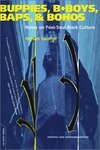
When Time magazine declared then New York City mayor Rudy Giuliani its "person of the year" for 2001 -- over Osama Bin Laden who, like it or not, appeared to have made a greater impact -- and Oprah's dubbed him "America's Mayor", you could reasonably feel the Big Apple had become the centre of the known universe.
Certainly in the latter half of the past century the city displaced Paris as the artistic hub, and you can hardly argue with the importance of the New York Stock Exchange either.
However, as anyone who has had the good fortune to spend any time in New York will happily tell you -- and that Time headline confirmed it -- NYC is an almost ruthlessly self-centred city. It's possible to meet educated New Yorkers who know little about New Jersey just across the river, let alone anywhere else in the United States.
And as to the rest of the world? Girlfriend, just don't go there.
But NYC is a magnet and its diversity of cultures, races, ideas, ideologies, delicatessens and street people make it such a fascinating place to live in you can almost forgive its inhabitants for their self-obsession. And, of course, even at this geographical remove, it is an engrossing place to simply read about, the events of late 2001 notwithstanding.
Because of its disparate nature and relentless internal discourse, some of the best writing on NYC has been in its daily journalism, the only kind of writing able to keep pace with the rapidly changing moods of the city and its diverse boroughs. The daily detritus, gossip, societal changes and often fiery politics have been recorded in expansive, intelligent essays, and observations and interpretations in such papers as the New York Times, Village Voice and New York Press.
Nelson George -- whose Buppies collection is subtitled Notes on Post-Soul Black Culture - has been a regular columnist for Village Voice and his writing is a model for any columnist willing to look and think beyond their own doorstep, refrigerator or television screen for a subject.
His analysis here of the difference between "black" women and "African American" is fascinating; he turns a simple visit to the hospital with his niece into a penetrating social observation; fearlessly deconstructs the hypocrisy of the Black Islamists; and is ruthlessly intelligent in his social analysis of the way the media portrays the black and Hispanic communities.
He moves easily between objective observations and highly personal views. His family's daily concerns are mentioned alongside overviews of black film-makers, music stars, sports heroes and low-rent political figures. He's hip to the hard edges of city life and feels the heat of the street.
How many editors would allow a columnist to open with "I know Byron real well, but I don't like him. He's a crack dealer from Jamaica ... "? Or even employ him?
From the death of Tupac Shakur to the sound of gunshots in the night, through an analysis of a Public Enemy album to a study of Michael Jordan's shaved head, George finds cultural significance, humour and purpose in his diverse subjects.
As a voice from within black America he's hard to beat.
Like the sound of this? Then check out this.

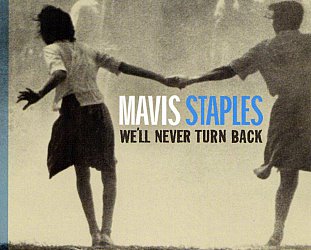
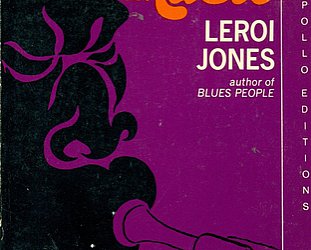


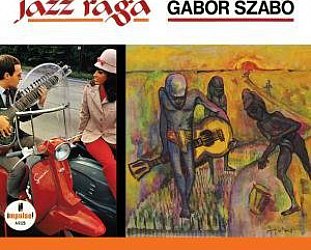
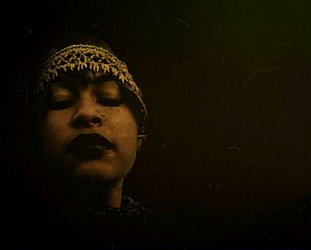
post a comment